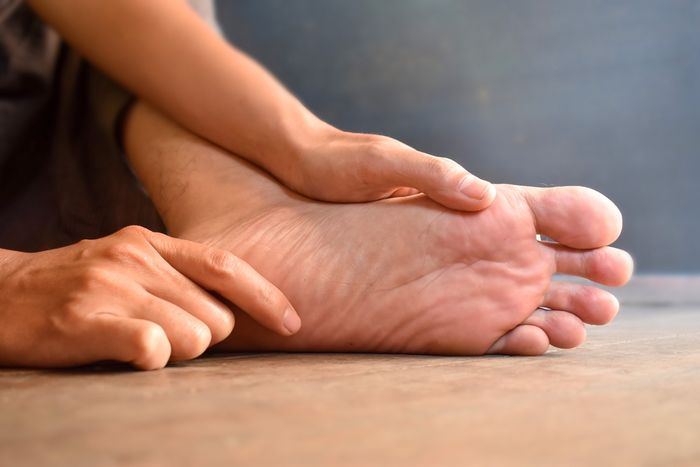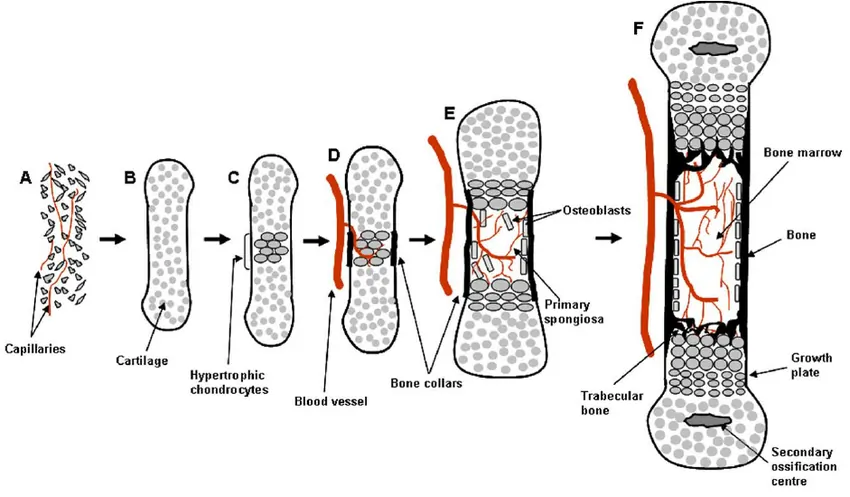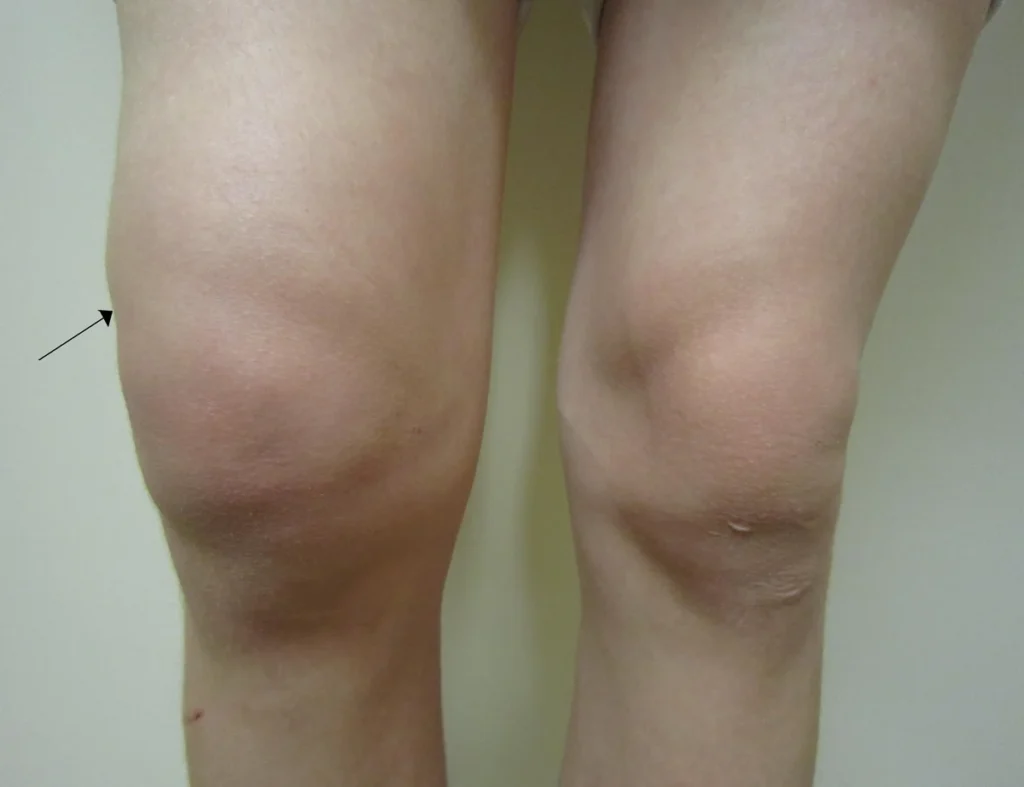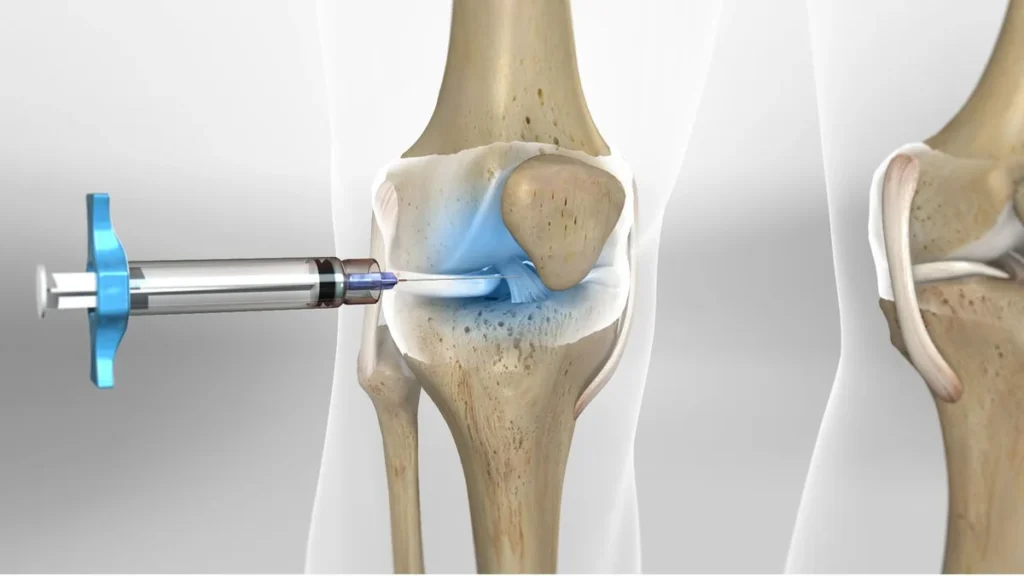Introduction of Burning Feet Sensation: Burning sensations in the feet are a common issue experienced by many. This discomfort is primarily due to nerve damage in the area. While nerve damage is often linked to diabetes, there are other potential causes that we will explore in this article.

- Symptoms of Burning Feet Sensation
- Causes of Burning Feet Sensation
- Impact of Diet and Lifestyle on Burning Feet
- Excessive Alcohol Consumption
- Poor Nutrition and Nutrient Deficiencies
- Exposure to Contaminants
- Burning Feet in Individuals with Diabetes or Diabetic Neuropathy
- Nerve Damage and Its Effects on the Body
- Small Fiber Sensory Neuropathy (SFSN)
- Charcot-Marie-Tooth Disease and Burning Feet
- Complex Regional Pain Syndrome (CRPS)
- Erythromelalgia
- Hypothyroidism and Burning Feet
- Infectious Diseases
- Athlete's Foot Fungus
- Kidney Diseases
- Peripheral Arterial Disease (PAD)
- Tarsal Tunnel Syndrome
- Chemotherapy
- Burning Feet and Liver Problems
- Causes of Nighttime Foot Pain
- Choosing the Right Doctor for Burning Feet and Calf Symptoms
- Treatment for Burning Feet Syndrome
- Prevention of Burning Feet Syndrome
Symptoms of Burning Feet Sensation
The sensation of burning in the feet can vary in intensity and duration among individuals. It may be a temporary or chronic condition and can manifest as a feeling of warmth, burning, or tingling. The discomfort is usually more intense during night hours. Due to the variety of potential causes, accurate diagnosis is crucial for effective treatment, which can differ from patient to patient.
Causes of Burning Feet Sensation
Understanding the root cause of the burning sensation in the feet is the first step toward treatment. This discomfort can arise from various conditions. For instance, fungal infections or excessive pressure on the feet, especially common in athletes, are easily identifiable and treatable. However, in some cases, the exact cause of the burning sensation may be unknown, requiring consultation with a medical specialist for appropriate treatment.
In this article, you will find more information on the causes of burning sensations in the feet, helping you identify the primary reason for this issue in your case.
Impact of Diet and Lifestyle on Burning Feet
One of the initial treatment steps for managing burning feet is lifestyle modification, including changes in diet and physical activity.
Excessive Alcohol Consumption
Overconsumption of alcohol can harm the nervous system, leading to alcoholic neuropathy. Symptoms of this condition, in addition to burning feet, include:
- Muscle weakness, cramps, and impaired function
- Problems with genital and bowel function
- Dizziness and confusion
- Speech difficulties Eliminating alcohol can prevent the worsening of alcoholic neuropathy symptoms. However, it’s important to note that some nerve damage caused by alcohol may be irreversible.
Poor Nutrition and Nutrient Deficiencies
Burning feet caused by poor diet or nutritional deficiencies were more common historically but still occur in areas with food scarcity. During World War II, about one-third of American prisoners of war experienced burning feet syndrome due to nutritional deficiencies.
In modern populations, especially among older adults, nerve damage may occur due to deficiencies in:
- Vitamin B12
- Vitamin B6
- Vitamin B9 (Folate) Vitamin B deficiencies can lead to burning sensations in the feet and muscles and affect their function. Anemia, characterized by a lack of red blood cells, may also result from vitamin B deficiencies, with symptoms including dizziness, breathlessness, and fatigue.
Exposure to Contaminants
Long-term exposure to heavy metals like lead and mercury or industrial chemicals such as pesticides can lead to peripheral neuropathy. Furthermore, certain medications used to treat diseases like AIDS or epilepsy can also cause nerve damage, resulting in burning feet.
Burning Feet in Individuals with Diabetes or Diabetic Neuropathy
Uncontrolled and prolonged high blood sugar levels can damage the blood vessels and nerves, particularly in the feet. This can disrupt signal transmission in nerves, affecting sensation and function in various body parts, including the feet. Additionally, high blood sugar can weaken the walls of blood vessels responsible for transporting oxygen and nutrients, impairing their delivery to nerves.

To make an appointment or get an online consultation with Dr. Nader Motallebi Zadeh, Limb lengthening surgeon, proceed here.
Nerve Damage and Its Effects on the Body
Nerve Damage in Diabetics
Nerve damage can occur throughout the body, with an estimated 60 to 70% of people with diabetes experiencing related problems. Individuals with diabetes are at risk of neuropathy, which can cause burning sensations in the feet and affect other areas of the body.
Other Symptoms of Neuropathy
Additional symptoms of neuropathy include:
- Numbness or swelling in hands or feet
- Sensation like wearing tight socks
- Sharp pain in the feet
- Weakness or heaviness in hands and feet
- Improper and excessive sweating It is recommended to consult a doctor if experiencing any neuropathy symptoms. Blood sugar control can prevent further nerve damage. Research suggests that unexplained neuropathy may indicate undiagnosed diabetes or blood sugar disorders.
Small Fiber Sensory Neuropathy (SFSN)
SFSN is a painful type of neuropathy, often accompanied by burning sensations in the feet. It causes reduced sensation in the feet and intermittent or persistent pain. The primary cause of SFSN in most people is the loss of myelin sheath protecting nerve fibers. While the exact cause of SFSN is often unclear, diabetes plays a significant role.
Charcot-Marie-Tooth Disease and Burning Feet
Charcot-Marie-Tooth (CMT) disease is one of the most common hereditary neurological disorders affecting nerve function related to muscles. It is a progressive disease, meaning symptoms worsen over time. Burning feet are among the early symptoms of CMT, often described as a needle-pricking sensation in the hands and feet. Other symptoms of CMT include muscle atrophy and poor control of hands and feet.
About 1 in 2,500 people suffer from CMT, named after the three doctors who identified it in 1886. Other names for this condition include peroneal muscular atrophy and hereditary sensory and motor neuropathy.
Complex Regional Pain Syndrome (CRPS)
CRPS typically occurs in one part of the body, often after surgery or injury. It mainly results from nerve damage affecting communication between the brain and the spinal cord. Symptoms include burning pain in the limb, burning feet, swelling, and changes in skin color and texture.
Erythromelalgia
Erythromelalgia is a rare condition characterized by redness, heat, and pain in the feet, with the cause often unknown. The severity of pain varies and can be exacerbated by:
- Exercise and physical activity
- Walking
- Standing
- Exposure to heat
Hypothyroidism and Burning Feet
Hypothyroidism can disrupt the body’s hormonal balance, leading to swelling that increases pressure on nerves. Besides burning feet, other symptoms of hypothyroidism include fatigue, weight gain, and dry skin.
Infectious Diseases
Burning feet can be a symptom of various infectious diseases, including:
- Lyme disease
- HIV/AIDS
- Syphilis
- Shingles If you suspect an infection, contact your doctor for necessary tests and to identify the root cause of foot burning.
Athlete’s Foot Fungus
Athlete’s foot fungus, a contagious infection, is commonly reported in athletes. It can affect the hands and toes, with common symptoms including burning, stinging, and itching in the foot area and swollen feet, typically felt in the toes. Additional symptoms include:
- Itchy and painful blisters on the feet
- Cracks in the skin between the toes or other foot areas
- Dry skin around the toes or under the feet
- Changes in toenail color and thickness
Kidney Diseases
When kidneys fail to function properly, toxins accumulate in the blood, leading to pain and burning in the feet. Other symptoms include:
- Reduced urine output
- Unexplained shortness of breath
- Nausea
- Dizziness
- Fatigue
- Seizures
- Coma
Peripheral Arterial Disease (PAD)
PAD involves the narrowing of arteries that carry blood from the heart to the feet. Its symptoms, similar to neuropathy, include burning in the feet. The pain usually occurs after walking, exercising, or other physical activities.
Tarsal Tunnel Syndrome
This syndrome arises when nerves passing behind the inner ankle become compressed due to ankle swelling or various injuries. It can lead to burning in the foot area and localized pain. The pain in the ankle worsens over time, and prompt medical consultation is advised.
Chemotherapy
Chemotherapy drugs used for killing cancer cells can have several side effects, including peripheral neuropathy. Other nervous or muscular system-related side effects include:
- Fatigue, pain, and muscle tremors
- Reduced tendon reflexes
- Balance issues
- Muscle weakness
- Pain
- Burning feet
Burning Feet and Liver Problems
Liver issues can manifest as burning sensations in the feet and calves. Irregular liver function, fat accumulation in the liver, and fatty liver disease can lead to burning feet. Treating liver problems is essential for alleviating this discomfort. Additionally, stomach issues can also impact this condition.
Causes of Nighttime Foot Pain
Experiencing severe foot pain while resting or sleeping, even without any applied pressure, is common. While pressure on the feet can be a cause, sometimes the pain occurs independently. Women who wear high heels often complain about this type of pain.
When experiencing severe foot pain, it could be a serious condition needing attention and treatment. Understanding the cause and finding appropriate solutions is crucial. This pain can interfere with daily life and work performance. Causes of nighttime foot pain include:
- Peripheral neuropathy (a nerve disorder that can cause pain and numbness in hands and feet)
- Morton’s neuroma (thickening of tissue around nerves leading to the toes)
- Irritated nerves (possibly due to repetitive movements or staying in one position for an extended period)
- Restless leg syndrome
Choosing the Right Doctor for Burning Feet and Calf Symptoms
When to Consult an Orthopedic Specialist
If you experience symptoms of burning feet and calves, it is advisable to contact an orthopedic specialist, such as Dr. Nader Matloubi Zadeh. They can diagnose the cause of these symptoms and determine an appropriate treatment plan.
Treatment for Burning Feet Syndrome
Self-Care Methods:
- Soak your feet in cool water for at least 15 minutes, which may provide temporary relief from pain and burning. Avoid using cold water.
- Protect your feet from very hot temperatures.
- Keep your feet elevated above body level.
- Use over-the-counter pain relievers. Non-steroidal anti-inflammatory drugs like ibuprofen, ketoprofen, or naproxen can temporarily reduce pain.
- Apply topical oils and ointments, such as capsaicin-containing creams, to your feet. Powders, sprays, lotions, and antifungal ointments are also effective in treating athlete’s feet.
Prescription Medications:
- For diabetics, using insulin or oral blood sugar-lowering drugs is advised.
- Dietary supplements may be prescribed for those with vitamin deficiencies.
- Pain relievers: Oral and topical opioid painkillers or non-narcotic analgesics for pain relief. Patches, sprays, lotions, and lidocaine-containing ointments can also be useful in reducing pain.
- Antidepressants: Tricyclic antidepressants and other drugs may help alleviate chronic pain caused by nerve damage (neuropathy).
- Anti-seizure or anticonvulsant drugs: Gabapentin, carbamazepine, pregabalin, etc., may be used for chronic pain treatment.
- Antifungal medications: Oral drugs can be used for infections resistant to topical products.
Other Treatments:
- Physiotherapy and exercise
- Dietary changes
- Custom shoe inserts and orthotics
- Surgery: In cases where the condition does not respond to drug or non-invasive treatments, orthopedic surgery may be necessary.

To make an appointment or get an online consultation with Dr. Nader Motallebi Zadeh, Limb lengthening surgeon, proceed here.
Prevention of Burning Feet Syndrome
Strategies to Reduce the Likelihood of Developing Problems:
- Regular visits to a foot specialist: If you have diabetes or other diseases that damage nerves, periodic foot examinations are very important. Those with diabetes or other conditions might need special shoes.
- Choosing appropriate footwear: Shoes should support the foot arch well, in addition to having a short heel and wide toe box.
- Using dry and clean socks: Regularly changing socks and wearing dry ones can prevent athlete’s foot, especially if you engage in activities that cause sweaty feet.
- Daily foot examinations: To prevent infections, check your feet daily for signs such as blisters, wounds, or skin cuts.
- Blood sugar control in diabetes: For diabetics, controlling blood sugar can be an effective way to prevent or treat neuropathy (nerve damage) caused by the disease.



